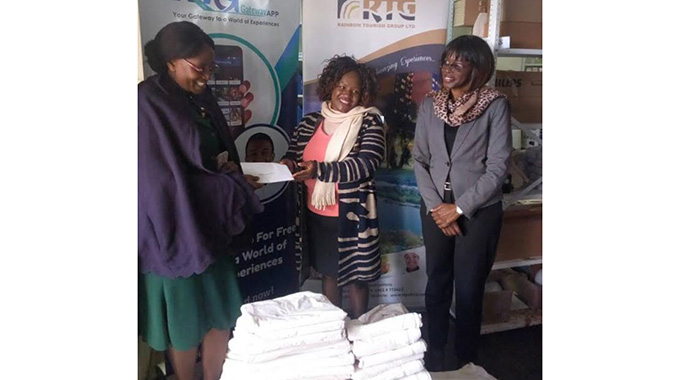Cotton price increased

Grace Nyoni Midlands Reporter
COTTON farmers in Gokwe are smiling all the way to the bank with their crop being sold for 52 cents per kilogramme up from 49 cents. Addressing cotton farmers in Nyanje area in Gokwe South on Monday, the Minister of State for Midlands Provincial Affairs Mr Owen Ncube said the new cotton price was aimed at making cotton farming viable for the farmers.
“I’m glad to say that the cotton selling prize is at around 52 cents per kg up from 49cents per kg at Cottco. This is a welcome development for you farmers so that you get more money from the crop,” he said.
The minister said Government was also working on providing farmers with packaging bags, which are becoming a challenge.
“I know that you have been complaining because you have cotton packaging bags shortages. However, the Government is going to provide you with the bags so that you take your crop to Cottco,” said Mr Ncube.
In an interview one of the farmers in Nyanje Mr Providence Siyanyenzo said he was grateful that the Government had increased the selling prize and was also willing to provide them with packaging bags.
He said apart from the shortage of packaging bags the cotton selling process was going on well.
“We are happy that the Cottco is currently buying the product at 52 cents per kilogram after the Government increased the selling price for cotton. This year cotton production is expected to be higher than last year because Government provided us with inputs through the Presidential free inputs scheme. Now the Government has promised to give us bags so we are very grateful,” said Mr Siyanyenzo.
Following the rebound last season, output is expected to be significantly higher this year compared to 74 000 tonnes delivered last year, according to the Cotton Producers and Marketers Association (CPMA) secretary Mr Steward Mubonderi.
Zimbabwe’s cotton industry had virtually collapsed when production declined to 28 000 tonnes by 2015, the lowest in more than two decades after farmers abandoned the crop due to low producer prices.










Comments